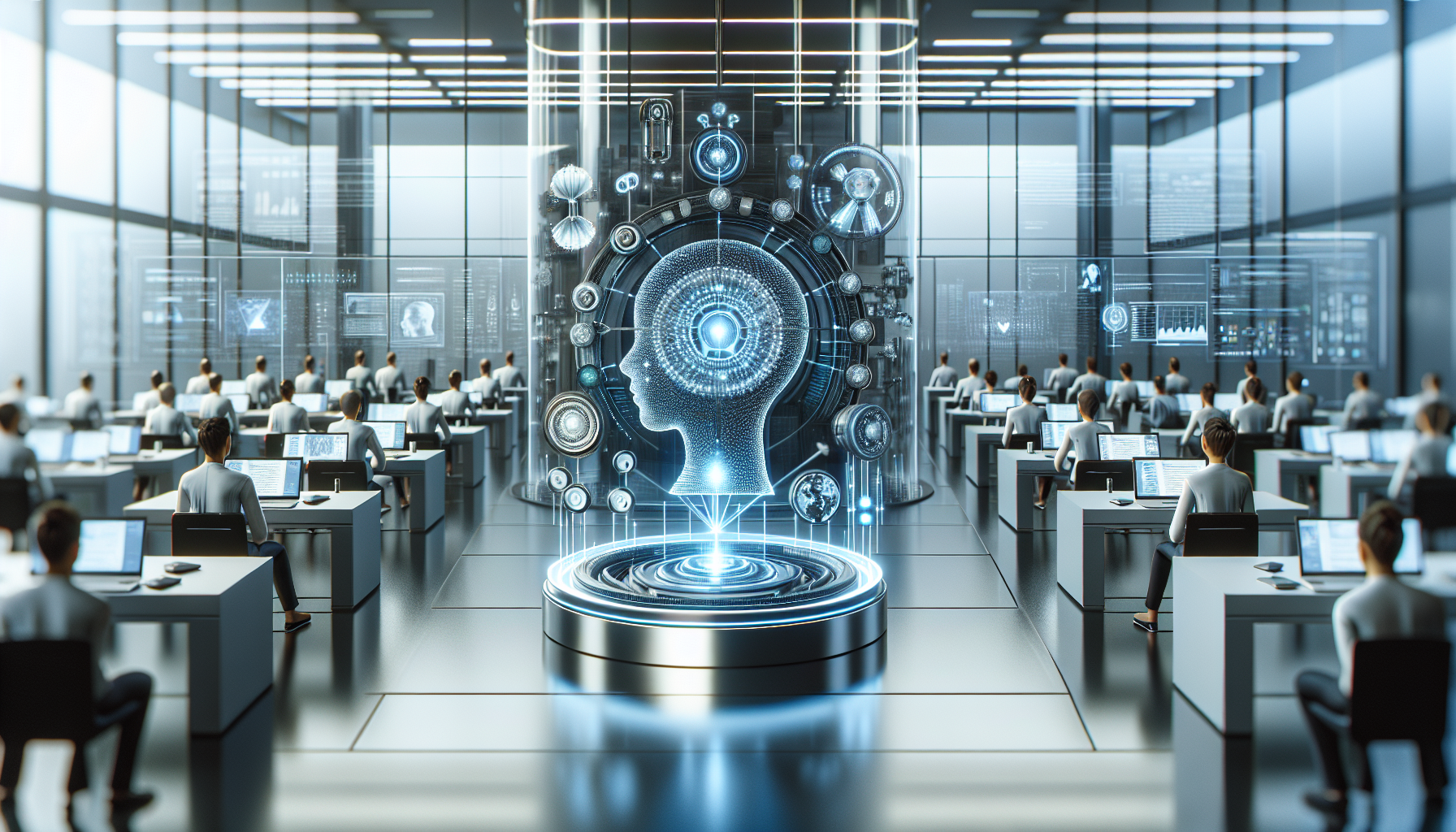
AI in the Legal Industry: Streamlining Processes and Case Analysis
April 7, 2025
Artificial Intelligence is not just a buzzword; it's a transformative force reshaping industries, and the legal sector is no exception. As legal professionals navigate the complexities of modern law, AI emerges as an indispensable ally, offering the promise of efficiency and precision. The debate isn't whether AI should be integrated into legal processes, but rather how it can be leveraged to its fullest potential. Here, we delve into a comparative analysis of AI applications in the legal industry, compellingly demonstrating its capability to streamline processes and enhance case analysis.
Imagine a world where the tedious task of sorting through mountains of legal documents is expedited by algorithms that can process data at lightning speed. AI tools, such as natural language processing and machine learning, are already revolutionizing document review and legal research. These technologies can sift through vast quantities of information, identifying relevant precedents and cases far more quickly than a human ever could. This isn't just about saving time; it's about enhancing the accuracy and depth of legal research, allowing attorneys to focus on crafting compelling arguments.
One of the most significant advantages of AI in the legal industry is its ability to predict case outcomes. Predictive analytics tools analyze past case data to forecast the likelihood of success in future litigation. By understanding patterns and trends in judicial decisions, lawyers can develop strategies that are data-driven and strategically sound. This not only boosts the confidence of legal practitioners but also provides clients with realistic expectations regarding their cases.
Let's consider how AI is streamlining discovery processes. Traditionally, the discovery phase in litigation involves a labor-intensive review of documents, which can be both costly and time-consuming. AI-driven e-discovery tools can automate this process, quickly identifying pertinent information and reducing the risk of human error. These tools can highlight inconsistencies, uncover hidden patterns, and organize data in a manner that is easily digestible. The result is a more efficient discovery process that allows legal teams to focus on analysis and strategy.
Moreover, AI is revolutionizing contract management. Contract review and management can be riddled with inefficiencies, often leading to costly errors. AI-powered contract analysis software can review contracts for compliance, flag potential risks, and even suggest edits to improve clarity and enforceability. By automating these tasks, legal professionals can ensure greater consistency and compliance, reducing the likelihood of disputes down the line.
Critics of AI in the legal industry often express concerns about the potential loss of jobs. However, the integration of AI is not about replacing lawyers; it's about augmenting their capabilities. By taking over repetitive tasks, AI allows legal professionals to focus on higher-value work that requires human judgment and creativity. The role of the lawyer is evolving, with AI serving as a powerful tool that can help them deliver better outcomes for their clients.
In terms of client interaction, AI-driven chatbots and virtual assistants are enhancing the client experience by providing immediate, accurate responses to common legal inquiries. These tools can handle initial consultations, gather essential information, and even provide preliminary advice, freeing up time for lawyers to focus on more complex client needs. This not only improves client satisfaction but also expands access to legal services for those who might otherwise be underserved.
While the benefits of AI in the legal industry are substantial, it's crucial to address the ethical considerations that accompany this technological shift. Issues such as data privacy, algorithmic bias, and the transparency of AI decision-making processes must be carefully managed. Legal professionals must ensure that AI tools are used responsibly and that they adhere to the highest ethical standards. By doing so, they can harness the power of AI while maintaining the integrity of the legal profession.
As we observe the burgeoning relationship between AI and the legal industry, one question looms large: how far can this partnership go? Could we envision a future where AI not only supports legal processes but also plays an integral role in shaping legal frameworks and policies? The potential of AI in law is vast, and as we continue to explore its capabilities, it's essential to remain vigilant and thoughtful in its application. The legal industry stands on the brink of a new era, one where AI and human expertise come together to redefine justice and efficiency. What are the possibilities when we fully embrace this technological evolution? The answer may redefine the very nature of legal practice.


